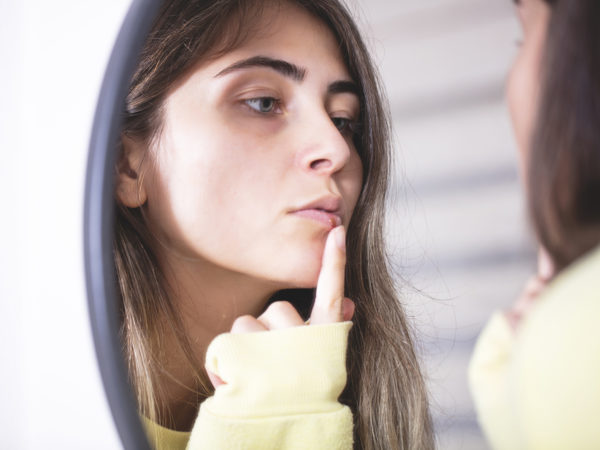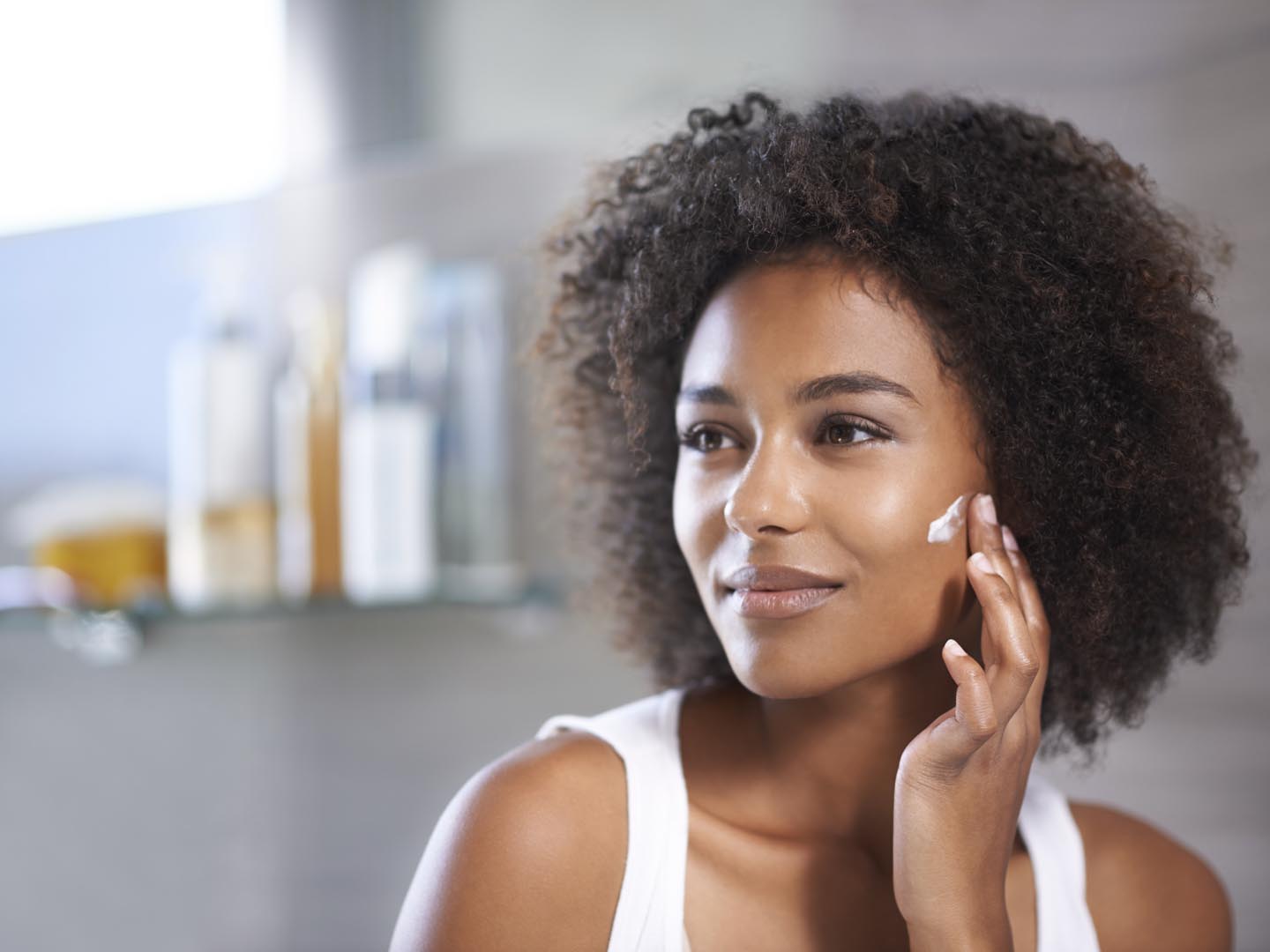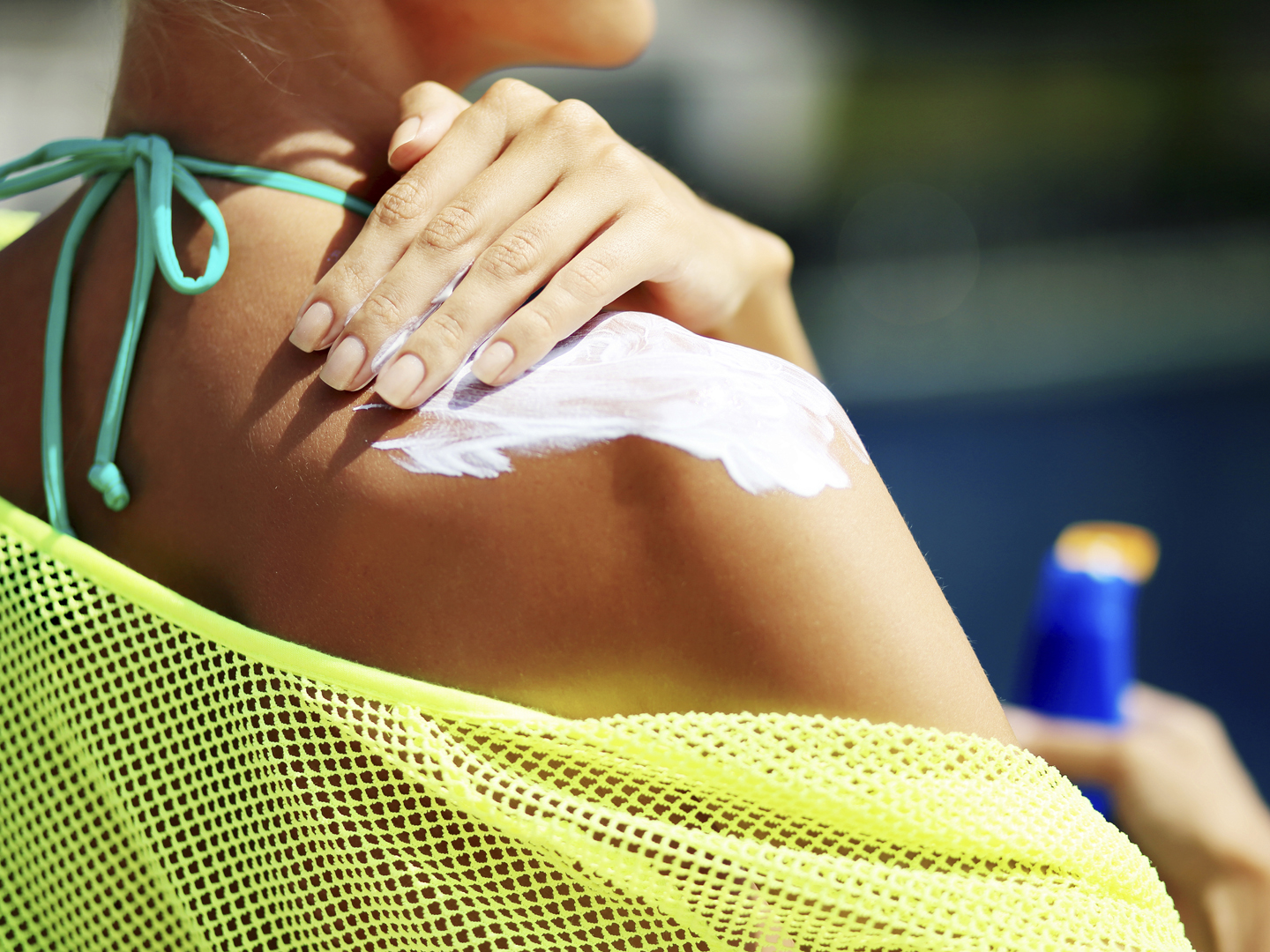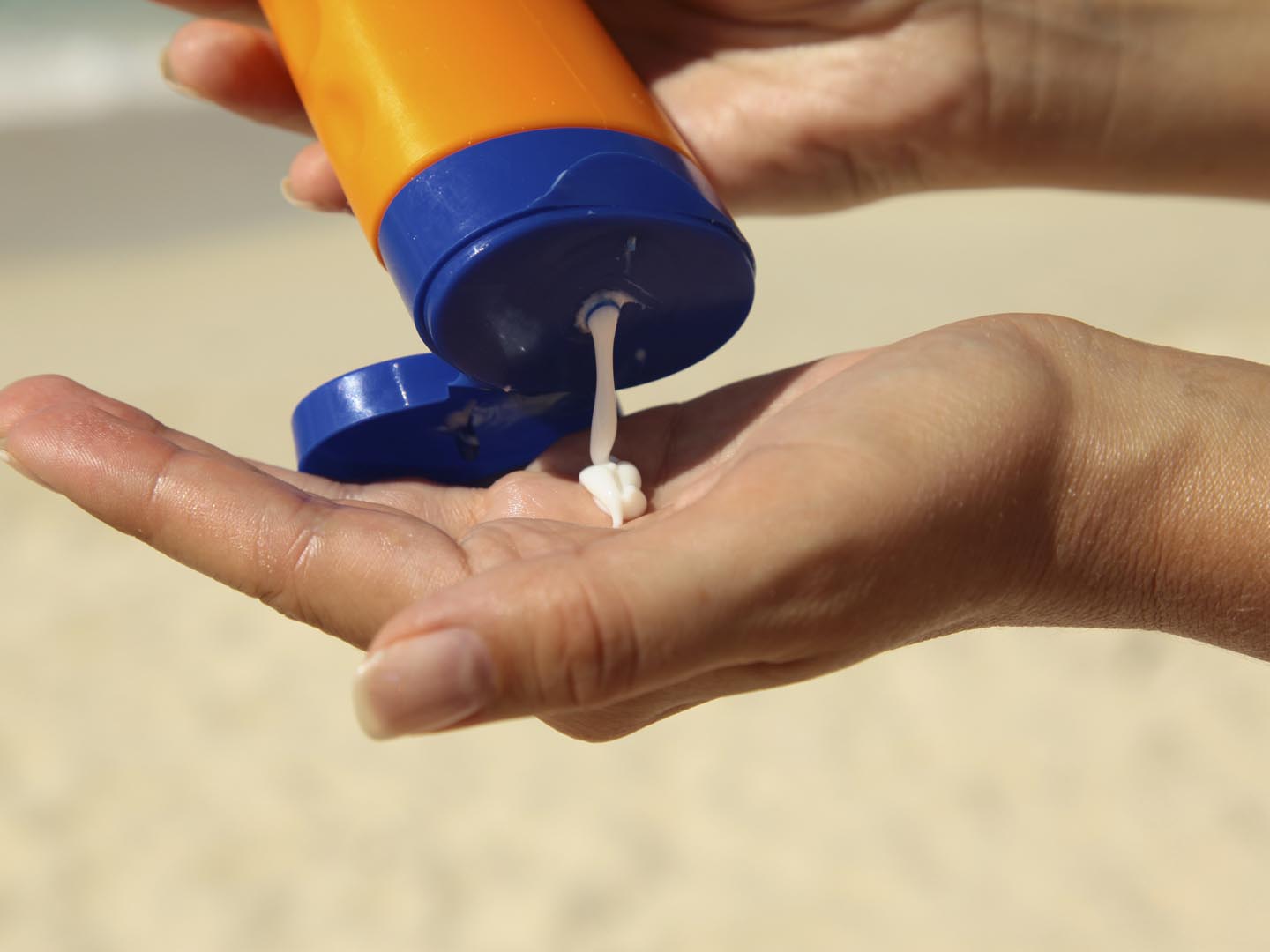Remedy for Cold Sores?
What is the best treatment for cold sores and fever blisters?
Andrew Weil, M.D. | April 18, 2007

Cold sores and fever blisters are one and the same. They’re caused by the herpes simplex virus (HSV), the same virus that also causes genital herpes. HSV type 1 typically is responsible for cold sores while HSV type 2 causes genital problems. Cold sores and herpetic lesions are contagious. You get them initially from people who have them. This usually happens by direct contact or as a result of sharing eating utensils, razors or towels. When you have an active cold sore, be very careful about infecting others, especially babies, and anyone who has eczema or a suppressed immune system.
The sores usually occur on the lips (don’t confuse them with canker sores – ulcers that develop on the inside of your mouth and aren’t caused by HSV), and like all HSV infections they begin as a series of tiny blisters, sometimes preceded by a localized sensation of tingling, itching, or pain. As they develop the blisters spread, open, and eventually crust over and disappear without a trace. But the herpes virus lives on in nerve cells in a dormant state and can be reactivated at any time, causing another outbreak. Reactivation is usually triggered by some sort of stress, such as the onset of a cold, sunburn, fatigue, or even emotional trauma.
HSV outbreaks are uncomfortable and not very pretty, but fortunately, they usually go away on their own within 10 days even without treatment. Too speed the healing, take monolaurin, an antiviral supplement you can get in the health food store. The dosage is one gram in capsule form three times a day before meals. Cream containing the amino acid lysine applied directly to the cold sore can help as well. To prevent attacks, try taking the amino acid L-lysine (500 – 1,000 mg per day) on an empty stomach.
The conventional medical treatments for cold sores are antiviral creams (some available only with a prescription) or antiviral medications taken orally. They are expensive but do work to shorten the duration and lessen the severity of cold sores if you take them at the very beginning of an outbreak. They will also reduce frequency of herpes episodes.
To prevent recurrences:
- Avoid foods rich in the amino acid arginine, which can activate the virus. These foods include chocolate, cola, beer, grain cereals, chicken soup, gelatin, seeds, nuts and peas.
- Get a new toothbrush. The virus can live in your toothbrush and reinfect you. When the sore is gone, get another new toothbrush. Also, to prevent the virus from getting into the toothpaste (and reinfecting you and others in the family), don’t touch the brush to the tube when you’re squeezing out toothpaste.
- Always use SPF 15 sunscreen before going out in the sun (summer and winter) and use a lip moisturizer with sunscreen.
- Since the HSV is highly contagious, don’t kiss or shake hands with anyone who has a cold sore. And avoid these contacts when you have one.
- Keep your hands clean.
- Avoid sharing towels and utensils with anyone who has a cold sore.
Andrew Weil, M.D.









